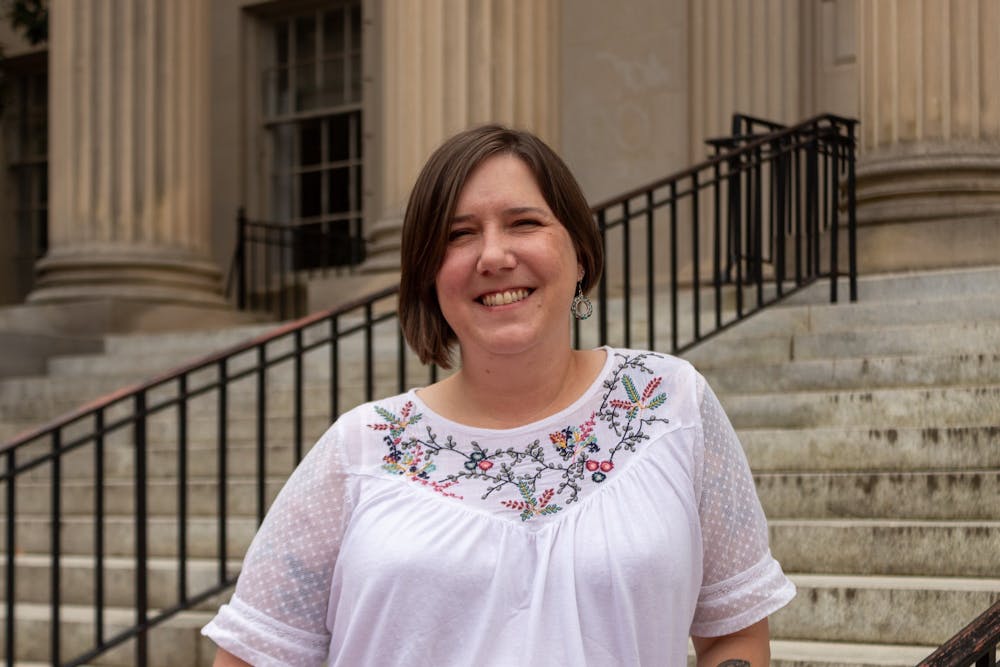The day that Roe v. Wade was overturned, Flannery Fitch picked up the phone and scheduled an appointment to meet with her doctor.
Fitch is a 35-year-old graduate student at UNC who has known from a young age that she doesn't want children. However, the overturning of Roe this past June was her last straw.
She wanted to get a tubal ligation.
A tubal ligation, which is a procedure colloquially known as "getting your tubes tied," is a type of permanent birth control that consists of the cutting, tying or removing one's fallopian tubes in order to prevent future pregnancy.
Fitch said that having the procedure felt as if she had “reclaimed her bodily autonomy” — a term she said one of her nurses used after the surgery.
“To me, it doesn't have anything really to do with the concern over the unborn child,” Fitch said. “It's just a way of controlling women's bodies — and particularly controlling women. This is going to predominantly affect people who come from BIPOC or really low economic backgrounds. And that is just part of the system of how we maintain that status quo.”
Though the choice to get the surgery was empowering, Fitch said she also experienced emotions of anger.
“It's really infuriating that in order to claim our bodily autonomy, we have to have such a violating surgery and have things physically removed from your body,” Fitch said.
Corinne LaJeunesse, a longtime friend of Fitch, drove her to and from her appointment on the day of the surgery. She said that after knowing her for so long, she thought the procedure was the right thing for Fitch.



